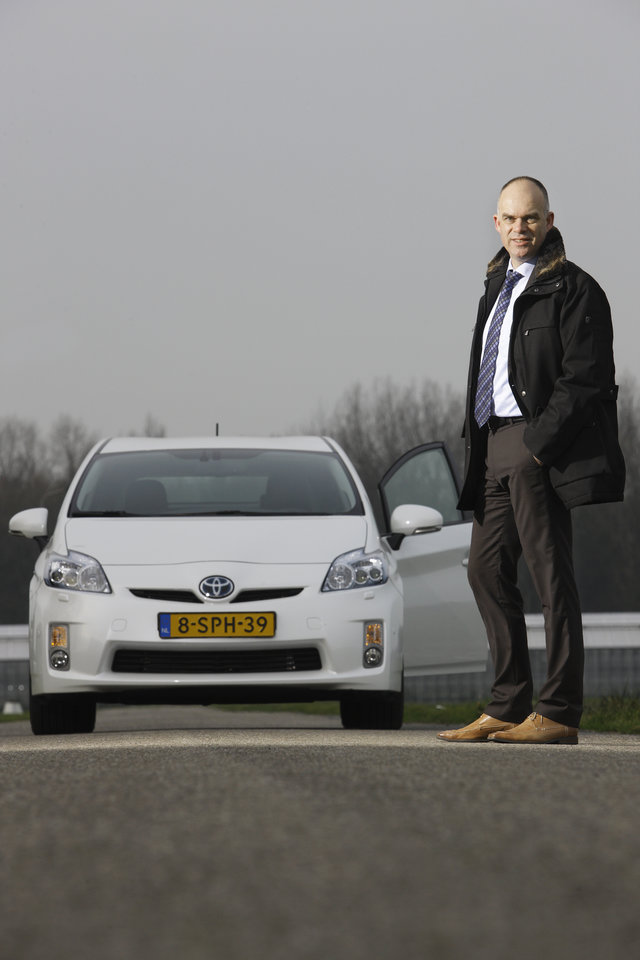NWO grant for research into sustainable accessible cities without private cars
With the growing density of housing in the city, good accessibility is a real challenge. A low-car urban region without private cars offers space for more housing or nature, for example. But what are the best alternatives? And how do we make clean and smart mobility solutions, such as shared electric bicycles, accessible to everyone? To investigate this, the XCARCITY consortium, led by Bart van Arem (TU Delft) and Maaike Snelder (TNO and TU Delft), receives a NWO Perspectief grant.
XCARCITY will develop digital twins of low-car urban areas. These models will shed more light on the effects of different mobility solutions. The researchers apply these virtual models to test various scenarios and interventions for addressing specific problems in the cities of Almere, Amsterdam, and Rotterdam. This helps the decision-making process of government agencies, regional developers and transport operators when striving for clean, accessible mobility in their cities.
Real life data collection
The models mostly use measurement data that is already available. For example of the smart bike lane at the TU Delft campus that measures cyclists' movements, public transport and pedestrian flows. Besides data on transport, there is also data on the characteristics of the neighbourhood, the environment and the inhabitants. On top of that, the models will be extended with simulated mobility data.
A city accessible to all
For example, the digital twins can predict what people will do if you take away all parking spaces, or if you replace shared scooters with bicycles. The digital twins are also valuable for calculating an ideal combination of transport to keep a city liveable ánd accessible. "An important theme for us is equity. How do we ensure that the city is accessible to everyone? Also for people who are used to having their own car and are not inclined to use shared transport?", says Bart van Arem, programme leader of the consortium and professor Transport and Planning at TU Delft.
Experimenting in the virtual city
In the coming years, the representation of mobility in the virtual world (VR) will take off and will produce a lot of simulated data. "With this, we can investigate situations that do not currently exist, or that contain risks that we do not yet understand," Van Arem says. In an experimental setting, participants can move through a virtual city. "We can then investigate how a pedestrian reacts when an automatic shuttle passes by. Do people react differently than when a regular car crosses by?"
Digital twins of future or existing urban areas can help to make smart choices around mobility. Over the next six years, XCARCITY will regularly explore new angles in the virtual worlds to come up with the best mobility solution for a sustainable accessible city. To this end, the consortium works closely with civil society organisations, municipalities, area developers and companies in the transport sector.
About Perspectief
Perspectief is a programme of the Dutch Research Council (NWO), financed by the Ministry of Economic Affairs and Climate Policy (EZK). The Perspectief programme encourages researchers to form consortia with companies, government bodies and societal organisations. Together, they develop technological innovations that have a high impact on society and that help create economic opportunities for the Netherlands. The research programmes are aimed at addressing major societal challenges and the key enabling technologies, thereby contributing to the Mission-Driven Top Sectors and Innovation Policy of the Ministry of EZK.
Within the faculty, Bas Jonkman's project Future FRM Tech was also awarded a Perspectief grant.
